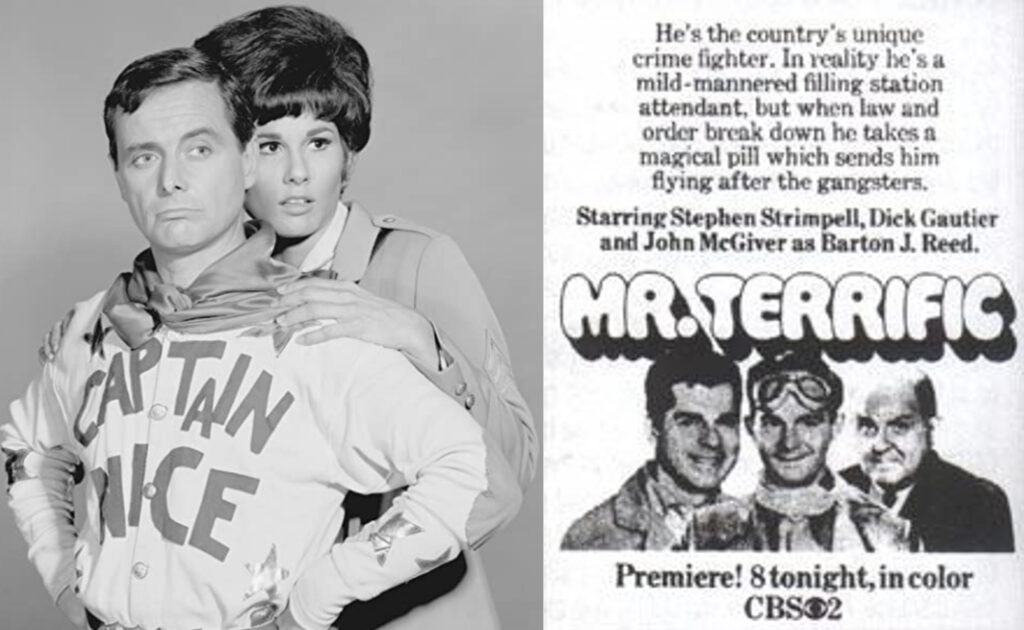A great piece by Elizabeth Weil about Emily Bender, who is waging a war of ideas against stochastic parrots.
https://nymag.com/intelligencer/article/ai-artificial-intelligence-chatbots-emily-m-bender.html
A great piece by Elizabeth Weil about Emily Bender, who is waging a war of ideas against stochastic parrots.
https://nymag.com/intelligencer/article/ai-artificial-intelligence-chatbots-emily-m-bender.html
Um. Geeze. I guess I won’t be pursuing my interest in collecting Shel Silverstein’s cartoons any time soon.
Maybe the suits at Marvel should have read Niven’s “All the Myriad Ways” before going all-in on the Multiverse. It’s not as if you can’t make a good movie with the concept (e.g. INTO THE SPIDER-VERSE), but it does have its depressing aspects.
Apparently enough fatheads were taken in by the chatbot hype this winter to flood electronic submission portals with chatbot-written fiction.
At last there’s an option for the person who’s too dumb or lazy to read but who thinks they can write. They’re living in their own personal heaven, i.e. our hell.
Today a post on Scott Edelman’s Facebook page got me thinking about short-lived TV shows I loved as a kid, a train of thought that led eventually to a bizarre discovery of a series of attempted murders.
In 1967 two nearly identical shows appeared on different networks on the same weeknight in the same hour: Mr. Terrific and Captain Nice. They were futile attempts to cash in on the short-lived Batman craze—the type of show that could only appeal to a six-year-old fan of Batman and Underdog. That’d be me.
